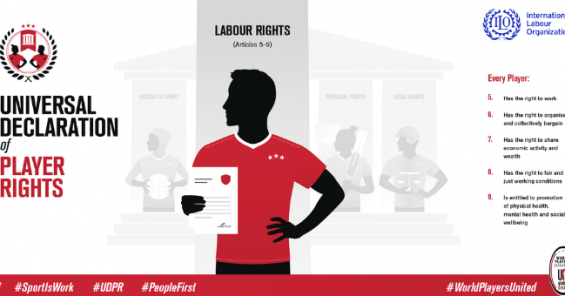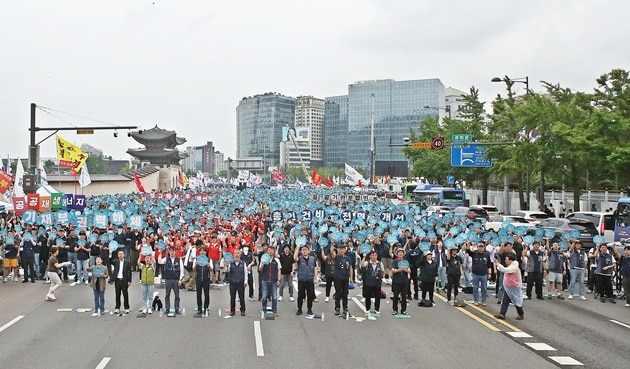Sport is work and athletes must have their fundamental rights at work protected is the key message from a report released by the International Labour Organization (ILO), the United Nations agency responsible for decent working conditions. The comprehensive report released in the lead up to the inaugural Global Dialogue on Decent Work in the World of Sport highlights various workplace challenges professional athletes face on and off the field.
The key findings include that professional athletes often face:
- insufficient representation where not independently represented and the ‘structure, procedures and influence in sport [is] prescribed by sport federation rules…’
- disguised employment that restricts their ability to access ordinary workplace protections
- widespread discrimination, particularly on the grounds of gender and race
- prevalent instances of harassment and abuse
- late payment of wages and unenforceable contracts
- various occupational health and safety risks, including concussion, dangerous demands on playing and training loads and heightened mental health and social wellbeing issues
- lack of access to effective remedy in the proper resolution of labour and human rights disputes
These findings come at a time where there is significant international attention on the need for greater protection of athlete rights and enhanced athlete representation, particularly in areas of the Olympic movement. The report highlights that although the global sports industry is worth in excess of $US600 billion, further understanding and action is required to ensure athlete rights are protected in accordance with international standards.
The report incorporates key research from World Players’ affiliates including FIFPRO – the global football players’ union, the Federation of International Cricketers’ Association, International Rugby Players and EU Athletes that has been collated by extensively listening to athletes about their workplace experiences. The report also refers to the best practices developed through collective bargaining including in relation to wages and other conditions of work.
At the international level, the report acknowledges World Players’ Universal Declaration of Players Rights (UDPR) as a tool to address the labour and human rights challenges facing athletes. A core pillar of the UDPR is dedicated to labour rights which includes; the right to work, the right to organize and collectively bargain, the right to share in the economic activity of sport, the right to decent fair and just conditions and the right to physical health, mental health and social wellbeing.
The report will now be considered over three days of talks at the ILO in Geneva, 20 – 22 January, where leading representatives from the player association movement, employer organisations, governments, and sporting bodies will convene to discuss and agree to options for further action.


